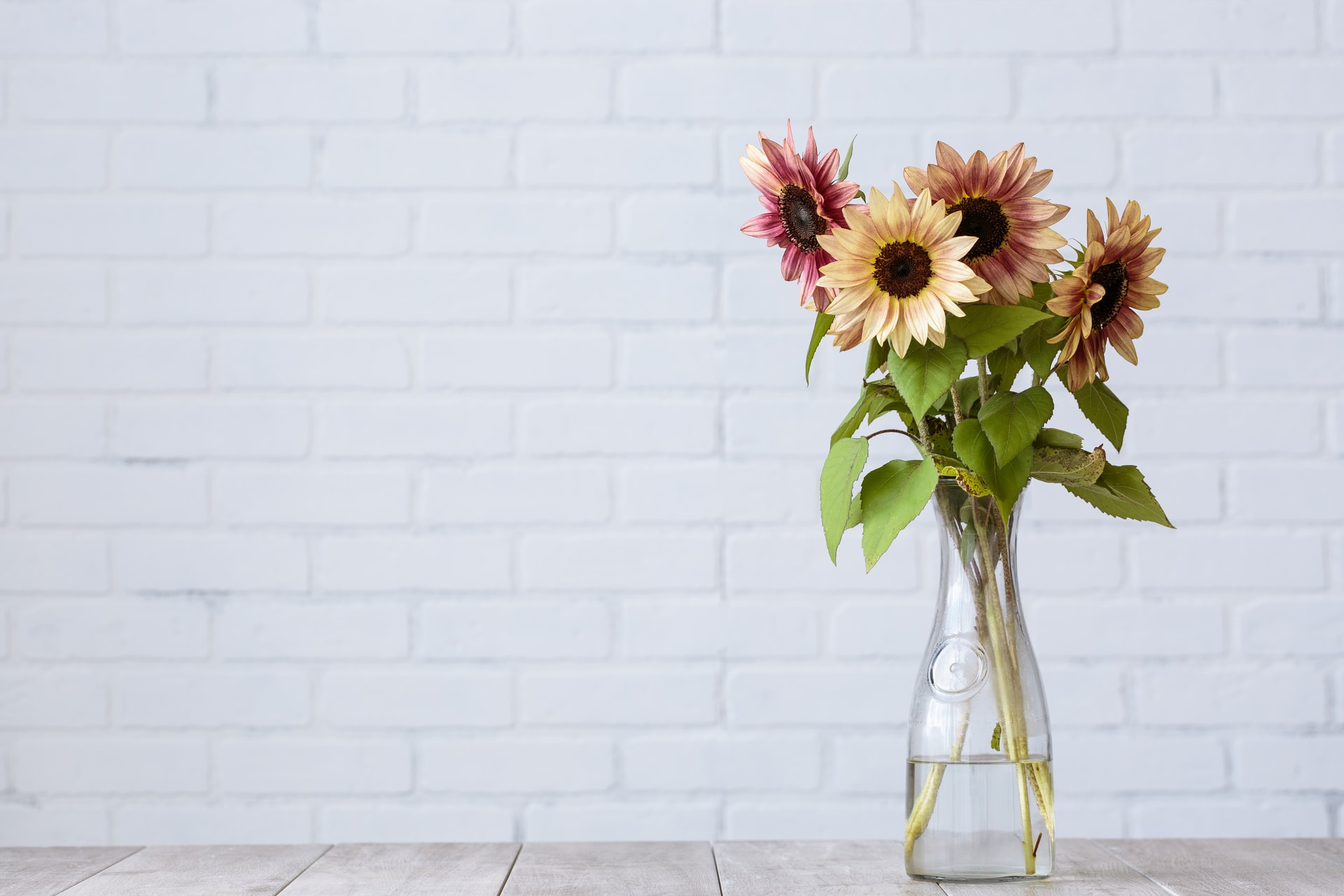However, I have grown equally exhausted by people, many of whom have not been impacted like I have, who insist on making the pandemic their entire lives.
As the Delta variant has been ravaging the unvaccinated and caseloads went up again, I was willing to accept certain rollbacks. Wear a mask to the gym again? It’s frustrating and annoying for me, a person who depends on HIIT routines to keep her mind steady, but whatever. Having to forgo socializing with vulnerable people? Done. I’ll take a booster shot whenever it becomes available. I’ll do anything I can to help keep my community safe.
What I absolutely refuse to do is have my life revolve entirely around Covid. This pandemic has already shattered my world. In order to be able to pick up the pieces, I must be good to myself and my family — all of us now Covid survivors, except for the beloved father who didn’t make it. And yes, you can bet that his comorbidities played a role, as he himself freely admitted before he passed away.

There are people who want me to panic and stay indoors again. I’ve been called “selfish” for flying internationally in order to bury my father (yes, while I was already vaccinated, not to mention masked). People insist that even with high local vaccination rates and mask mandates in place, schools in my area must forgo in-person learning — which would be terrible news for my son and others like him, who are exhausted by distance learning. Casual acquaintances have seen it fit to comment on the fact that I let my son play at our (again, fully vaccinated) neighbors’ house.
Then I am angrily told that as someone who suffered a devastating loss to Covid, I should “care more.” As if I don’t already.
Here’s something the pandemic taught me, however: we are never fully safe. We are not guaranteed safety even when we do all of the “right” things, as my father undeniably did. Every death is the end of a world and the beginning of a new one. It happens quickly. A phone rings at midnight, and you are never the same.
I don’t want people to go through what I have gone through, but I do know that many will, with or without this virus. Some of us go early. Even when we do stick around, we wind up breaking hearts as we go. My maternal grandmother was in her 90s when she died last year. What wouldn’t I give to pick up the phone and hear her wry little giggle.
Maybe others have expected my loss to make me bitter or angry, and in some ways, it certainly did — but what it also did is to make me yearn to honor my dad more. He loved life in all of its weird complexities and sharp edges and sad and exhausting moments. He told jokes. He traveled to new places. He enjoyed reading history books and smoking cigars on the sunny balconies of the world. Most importantly, he didn’t spend his days in perpetual fear, even though he had much to stress about — a lot more than the average American, to be frank.
At some point, the constant stress of a pandemic itself becomes a dangerous factor. It screws up your sleeping patterns, wears down your immune system, and leaves you vulnerable. It doesn’t help you. Nor does it help anyone else.
The virtuous hysteria about the virus is now, to me, as impossible to deal with as the bone-headed denials of its devastating effects and the efficacy of vaccines. Plagues happen, I want to tell these people. They will continue happening. Excessive anger and negative messaging only wears people down in times like these.
Being responsible is not the same as being paranoid. Being aware of your actions is not the same as thinking you are constantly in control, and will somehow alter the fates of the world if you just happen to write an angry enough tweet.
Here’s a thought — take a moment to appreciate the people in your life instead. Write them a nice note. Send some goddamn flowers. Tell them you are honored to have them in your life. You never know which gesture or which conversation will end up being your last.
Image credits: Cath Smith and Jue Huang

